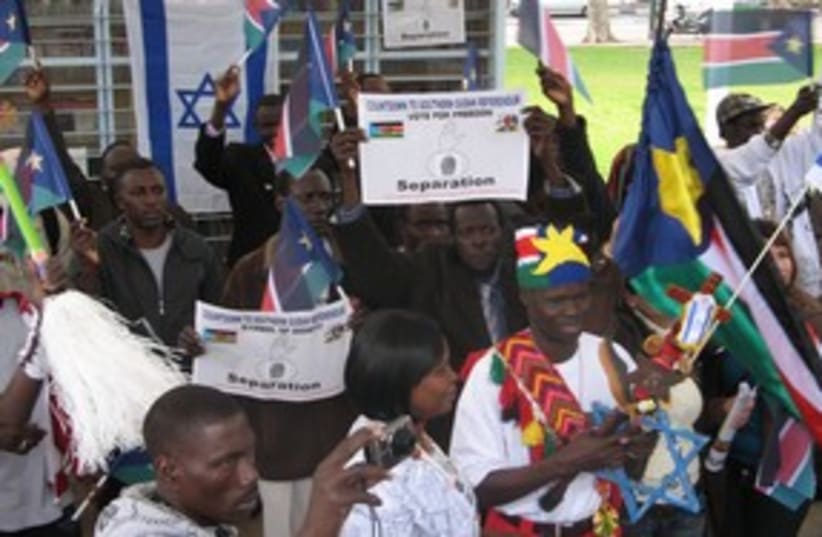Voyage of the damned and Sudanese refugees
In 1939, N. America denied entry to 937 Jewish refugees aboard a ship, forcing it to return to Nazi Europe. To prevent such an event from happening again, int’l refugee laws were changed, but the mass migration of Sudanese refugees is forcing Israel to re-visit these laws.
